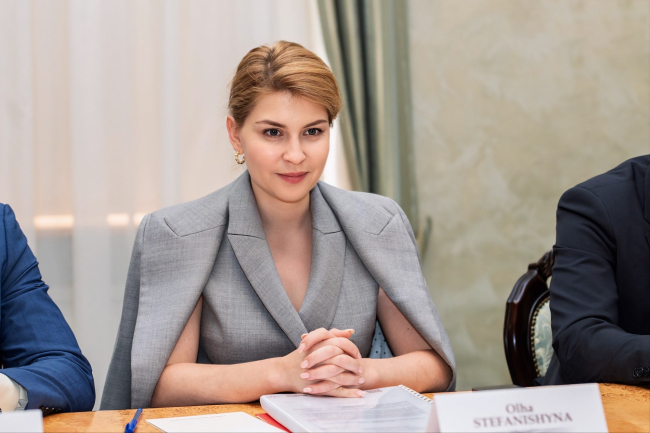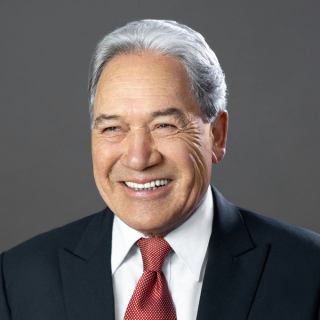
Practical information
Registration for this event is now closed.
Find out more about our donor programsOnly three years after its adoption, the Paris Agreement on Climate is undermined. With the US announcing their withdrawal, maintaining the momentum for climate action and international cooperation has proven increasingly complex.

Governments are still struggling to find an agreement on transparency rules and progress on monitoring and as it becomes clear that some major emitting countries, for example Australia and Brazil, are at risk of giving up on their 2015 climate commitments. And the growth in global emissions (+1.4% in 2017) is at complete odds with the latest study from the Intergovernmental Panel on Climate Change (IPCC). Are international climate negotiations in a deadlock once again or is there hope for a new impetus at the next summit in Katowice?
To discuss the upcoming COP24 meeting, the Ifri Centre for Energy is hosting a breakfast roundtable with key experts on international climate action:
- How to defend the Paris agreement? Brigitte Collet, Climate Ambassador, French Ministry for Europe and Foreign Affairs
- How can the EU convince its partners to do more in terms of emissions reduction? Elina Bardam, Head of Unit International Relations, Directorate General for Climate, European Commission
- How can cities help reduce emissions? Cécile Maisonneuve, President of La Fabrique de la Cité
- Can U.S. States and cities compensate for President Trump’s withdrawal? Arnault Barichella, Visiting Fellow, Department of Government, Harvard University
Other events

Navigating War, Reforms, and Secure Future: Ukraine’s EU and NATO Accession Path
Exclusive conve

Lunch debate with Winston Peters, Deputy Prime Minister and Minister of Foreign Affairs of New Zealand
Discussion co-chaired by Thierry de Montbrial, Executive Chairman of Ifri, member of the Academy of Moral and Political Sciences, and Marc Hecker, Deputy Director of Ifri (in English without translation).

Shaping Europe’s Technological Sovereignty
In the wake of Donald Trump's re-election in the United States, Europeans face a crucial imperative: rethinking their sovereigny, especially in the technological realm. What will be the strategic priorities and action levers of the new European Commission on this issue? What assessment can we make of the previous Commission’s achievements and challenges in navigating Sino-American technological competition, transatlantic dependencies, and emerging global partnerships?










